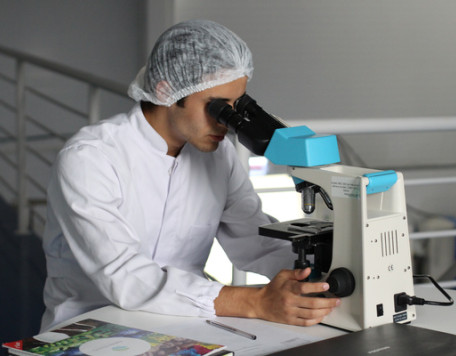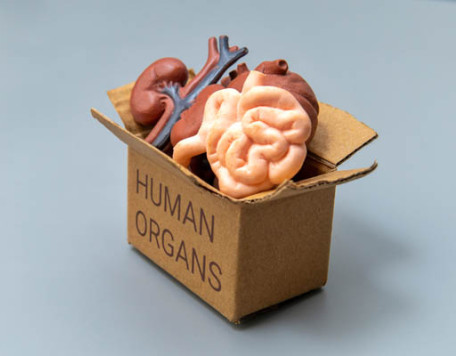© Pint of Science, 2025. All rights reserved.
Come to our neuroscience night to learn about what ages our brain and how you can keep it healthy for longer as our experts uncover the effects of exercise and age-related diseases on the brain. Tying in with Dementia Awareness Week (15th-21st May); find out about the new ways researchers are trying to tackle Alzheimer’s disease, try out a new VR app that lets you experience daily activities through the eyes of someone living with dementia, and keep your brain active with our brainteasers!
Run for your brain!
Dr. Maria Toledo
(Assistant Professor)
Yes we all know, we have to exercise…. It helps you fit into those skinny jeans. It will even strengthen your heart and prevent diabetes. But did you know that exercise is good for your brain too? How?In this talk I’ll tell you all about the benefits of exercise on your brain and mental health. I will also describe how this happens. Which are the molecules and cells in your brain affected by exercise that help improve memory and decrease anxiety and depression. I will round up with tips on how to improve your exercise regime to improve brain gain.
Brainergetics
Lisa Chakrabarti
(Lecturer)
What happens to us as we grow older? At some point do our bodies just run out of energy? Our research is looking at this question. We are comparing the energy producing parts of the brain ‘the mitochondria’ from healthy young and old and diseases connected with advanced age. To help us understand how we might extend the energetic lifespan of our brains we are examining Pipistrelle bat mitochondria. Bats live far longer than their body size and metabolic rate predict, they are ‘exceptionally long-lived’ mammals. Our ultimate aim is to keep the brain running on full batteries until the end.
Fighting Alzheimer’s disease: are microglia the secret weapon?
Alessandra Agostini
(PhD Student)
Alzheimer’s disease is an age-related dementia characterized by the presence of toxic proteins that aggregates in the brain generating amyloid plaques. These plaques are thought to be responsible of a cascade of event that leads to neurodegeneration. The research for new treatments has been focused on reducing the number of plaques to slow down the disease progression. But how? Recently more attention has been paid on the potential role of microglia, the main immune cell of the brain. These cells are capable of eating plaques & limiting their growth. Can microglia help us fighting the disease?
Map data © OpenStreetMap contributors.
Other Canal House events
2025-05-20
Sex, Blood and Sausage Rolls
Canal House
48-52 Canal St, Nottingham, NG1 7EH, United Kingdom
2025-05-21
CTRL + P: Printing the Future
Canal House
48-52 Canal St, Nottingham, NG1 7EH, United Kingdom




